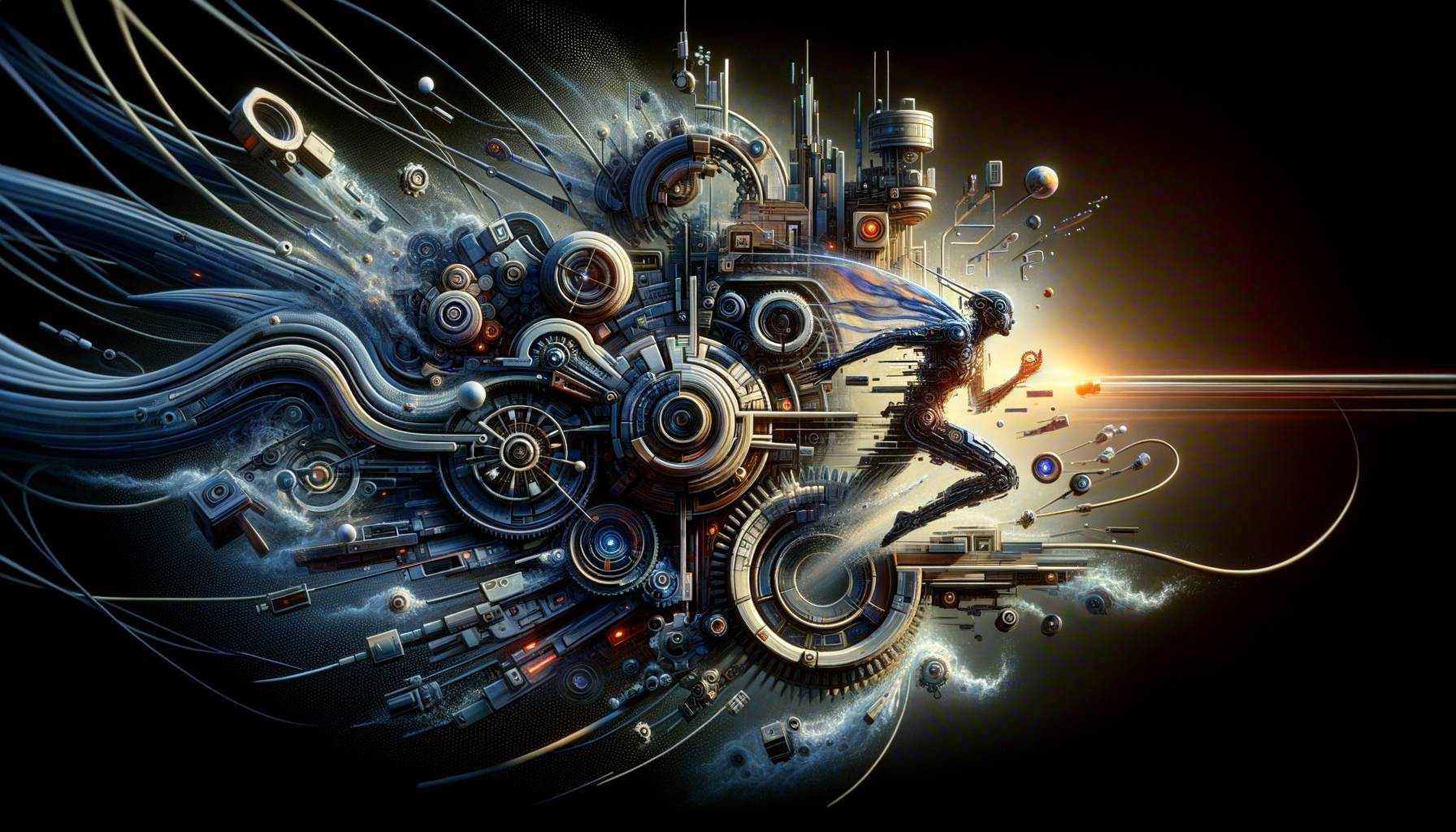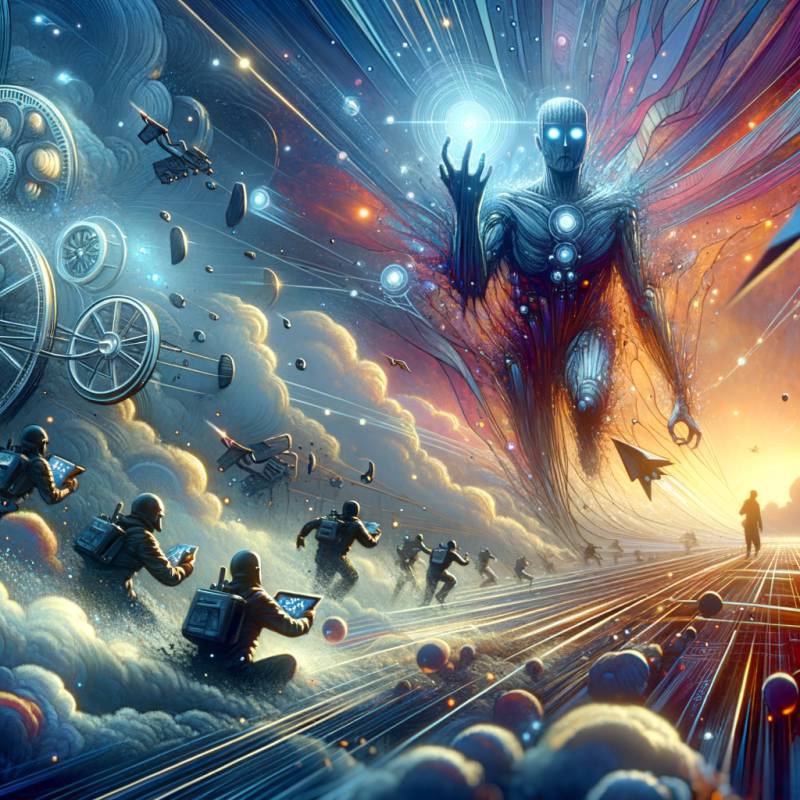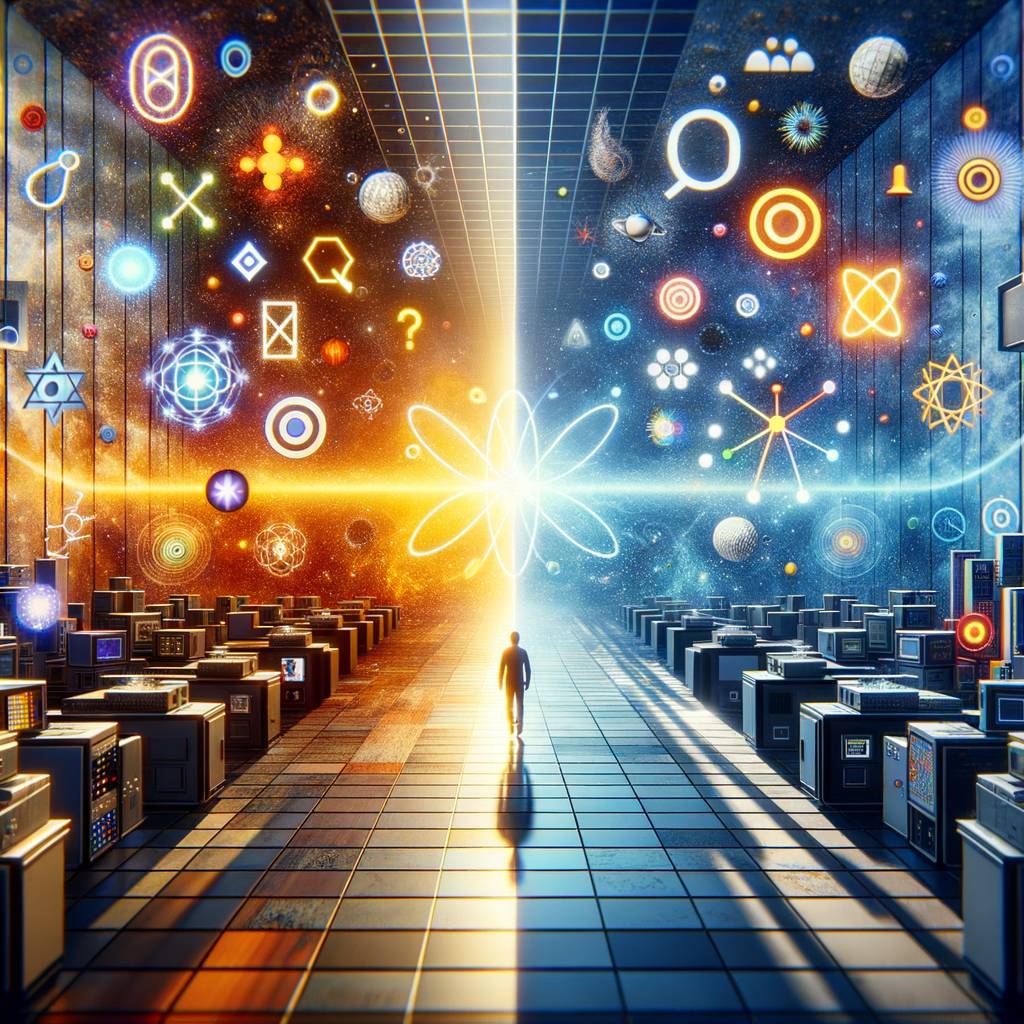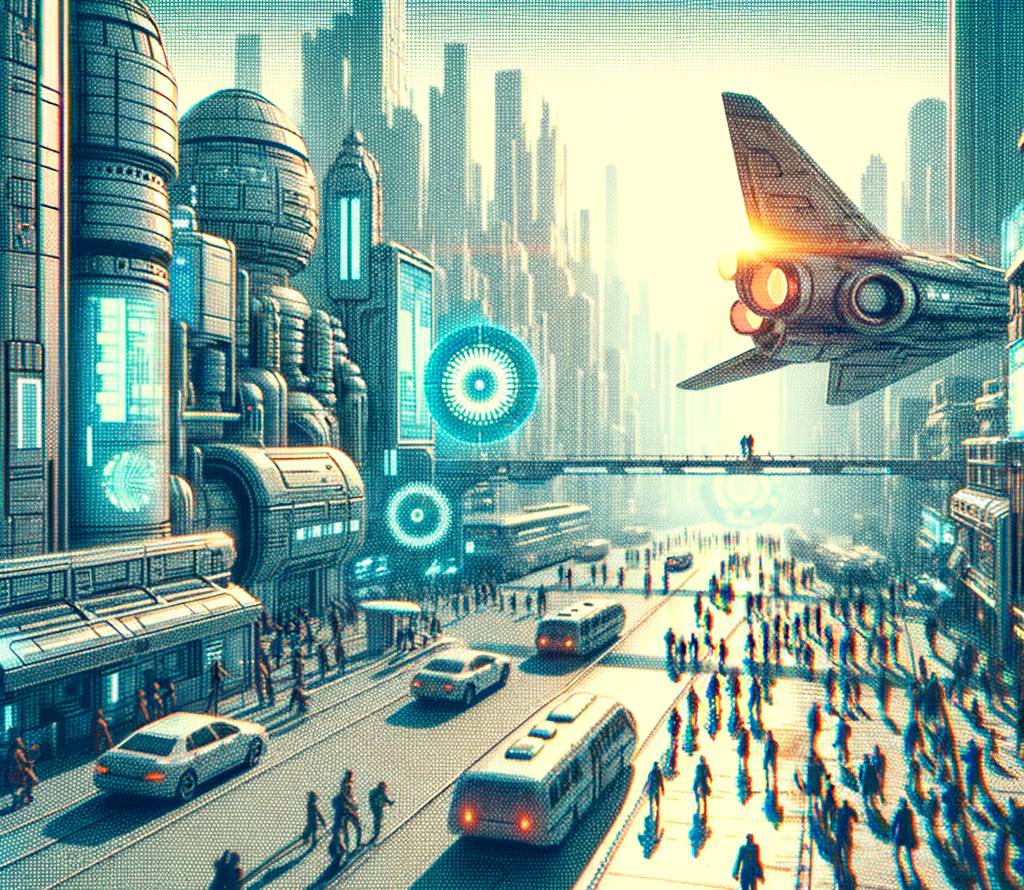The Impact of Science Fiction on Technological Innovation

Science fiction has long been a source of inspiration for technological innovation. From the communicators in Star Trek to the holographic interfaces in Minority Report, the ideas presented in sci-fi movies and TV shows often serve as a blueprint for real-world scientific and technological advancements. This article explores the fascinating interplay between science fiction and technological innovation.
Science Fiction: A Catalyst for Innovation
Science fiction is more than just a genre of entertainment. It is a conduit for exploring the possibilities of the future, often presenting radical ideas that challenge our understanding of technology and its role in society. As Isaac Asimov, one of the most prolific science fiction writers, once said, “Science fiction writers foresee the inevitable, and although problems and catastrophes may be inevitable, solutions are not.”1
Indeed, many of the technologies we take for granted today were once the stuff of science fiction. The concept of a handheld communication device, for instance, was first introduced in Star Trek. Today, smartphones are an integral part of our lives. Similarly, the idea of artificial intelligence and robots was popularized by movies like 2001: A Space Odyssey and Blade Runner. Today, AI is a burgeoning field with applications in various sectors, from healthcare to finance.
From Reel to Real: Case Studies
1. Star Trek and the Cell Phone
The handheld communicators used by the crew of the Starship Enterprise in Star Trek bear a striking resemblance to modern cell phones. In fact, Martin Cooper, the inventor of the first mobile phone, has cited Star Trek as an inspiration for his invention.2
2. Minority Report and Gesture-Based Computing
The 2002 film Minority Report featured a futuristic computer interface that allowed users to manipulate data with hand gestures. This concept inspired the development of real-world technologies like Microsoft’s Kinect and the Leap Motion controller.3
The Role of Science Fiction in Shaping the Future
Science fiction not only inspires technological innovation but also shapes our attitudes towards technology. It encourages us to think critically about the ethical and societal implications of new technologies, fostering a culture of responsible innovation.
For instance, movies like Ex Machina and Her explore the complexities of human-AI relationships, prompting discussions about the ethical considerations of AI development. Similarly, dystopian novels like 1984 and Brave New World serve as cautionary tales about the potential misuse of technology.
Conclusion
Science fiction plays a pivotal role in driving technological innovation. It provides a creative platform for envisioning the future, inspiring scientists and engineers to turn sci-fi concepts into reality. Moreover, it fosters a culture of critical thinking and ethical responsibility, ensuring that technological advancements are guided by a consideration for their societal impact. As we continue to push the boundaries of technology, science fiction will undoubtedly remain a key source of inspiration.
As Arthur C. Clarke, another renowned science fiction writer, aptly put it, “Any sufficiently advanced technology is indistinguishable from magic.”4 And in many ways, science fiction is the magic that fuels technological innovation.
- Isaac Asimov, as quoted in “Asimov’s New Guide to Science” (1984)
- Martin Cooper, as quoted in “The Cellphone: The History and Technology of the Gadget That Changed the World” (2010)
- John Underkoffler, as quoted in “The Science of Minority Report” (2002)
- Arthur C. Clarke, “Profiles of The Future” (1962)



